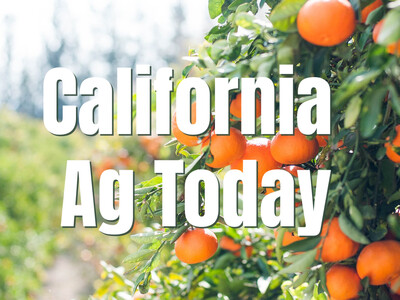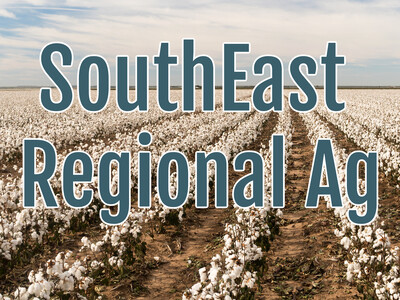Columbia River Treaty
Columbia River Treaty. I'm Greg Martin with Washington Ag Today.A public workshop on the future of the Columbia River Treaty has concluded that the Treaty needs to be modified to meet the needs of First Nations, growing population numbers, increasing competition for water, fisheries health and environmental values, as well as negative impacts on Canadian agriculture and the impacts of a changing climate. Deborah Harford, Executive Director for the Adaptation to Climate Change Team.
HARFORD: This treaty was a really successful treaty made between Canada and the U.S. and it succeeded in what it set out to do. So what it set out to do in the 60's was to protect communities downstream from major floods that come down from British Columbia and at the same time the two countries saw great opportunity to combine our respective talents if you like geographically to create hydropower.
She says there was some lack of forward thinking at the time.
HARFORD: Now we fast forward to 50 years later, there's a tension being brought to the treaty because the clause in the treaty that says if either party wants to terminate the treaty they have to give ten years notice and the first opportunity for that came up in 2014. I don't think anybody wants to terminate the treaty but what I have seen is people saying, well maybe we should modernize it now because 50 years later there are other issues at play.
Harford says agriculture has really benefited from the agreement.
HARFORD: A lot of the water that goes across the border is used for irrigation and is not really prioritized for hydropower, it's much more important now for the enormous number of irrigators and other agricultural uses that are downstream.
More on this important issue in tomorrows report.
And that's Washington Ag Today. I'm Greg Martin, thanks for listening on the Ag Information Network of the West.

















